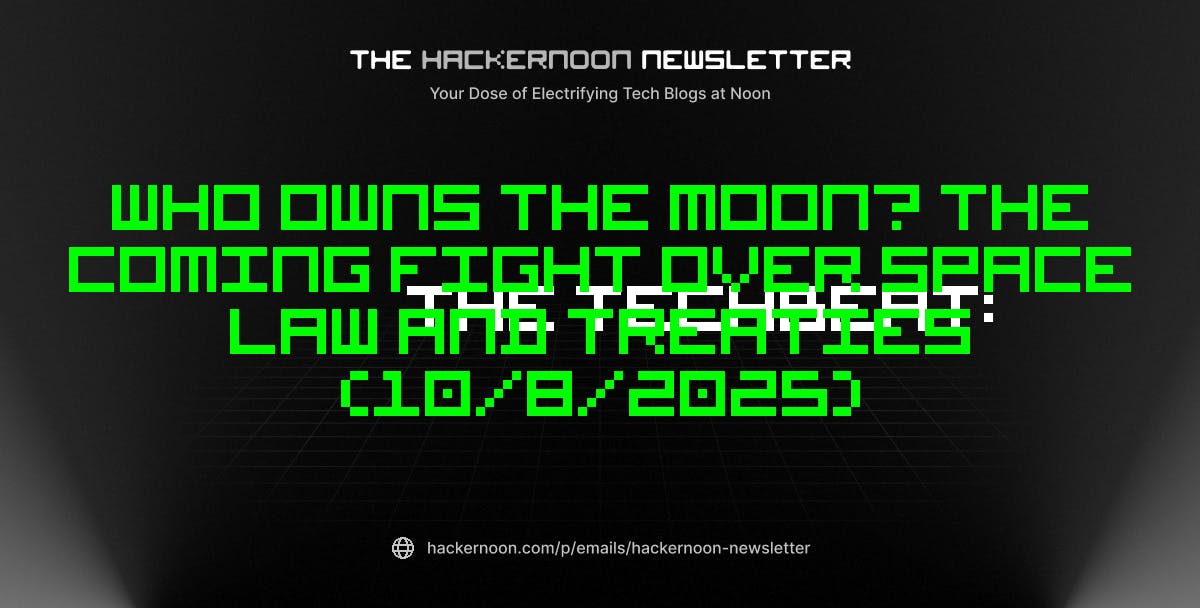By Michael Grupp
Legal tech is hot right now. That’s because generative AI is rooted in text, and few industries are as text-focused as legal. Unsurprisingly, the legal world is buzzing.
Of course there’s also a lot of anxiety. GenAI threatens to automate tasks that once justified steep hourly rates anywhere from $500 to $1,500. Legal careers, long considered stable and high-status, suddenly feel vulnerable to disruption. Try asking ChatGPT a basic legal question and you’ll quickly see why the anxiety is real. But there’s also excitement. For the first time, lawyers can draft, review and research at unprecedented speed. It’s like giving every associate a jetpack. The gold rush is on.
In 2024 alone, legal tech startups raised $2.2 billion globally, according to Crunchbase data. If you’re building in this space, the market heat is at the same time as validating as it is intoxicating.
But here’s what the pitch decks don’t tell you about being the founder at the crest of a hype cycle.
A sea change
Back in 2019, selling legal tech products required educating your customers first. Once, before pitching our legal AI and automation software to a major insurer’s management committee, I was told, “Add a slide explaining what legal tech is. They have no idea.”
For years, that slide became our most-used asset. It opened doors, built trust and educated skeptical buyers. But it was slow and methodical. Partners would nod politely while we explained that our AI software could draft documents or flag compliance risks more quickly than their colleagues could. The sales cycle averaged around eight months, going up to years, the industry norm at the time.
Fast-forward to 2025, and partners at top law firms will buy a legal tech product after a single demo, because the once speculative notion that “half of what my team does now could be done by AI” has suddenly become the accepted wisdom.
The entire legal industry has gone from “What is AI?” to “We need AI yesterday” in just a few years. This has been particularly interesting to observe in an industry as storied with tradition and continuity as law.
The utilitarian nature of AI technology means that anyone can make a GPT wrapped in a nice UI, so expect competitors to emerge weekly when you’re operating in a hyped sector.
From Big Law incumbents to three-person Y Combinator teams pitching your exact product, challenges to your market position can come from anywhere these days. There will be a deluge of funding announcements, feature launches, strategic hires and M&A deals as everyone tries to be the loudest player in the game.
Ignore the noise
The key is to ignore the noise and focus on speed, which might already feel like a tired adage in the AI era, but it remains essential to success.
Say “yes” more than you explain, accept imperfect customers, awkward use cases and messy implementations.
Keep an eye on your runway, but this is the time to make one-year bets, not five-year plans. As Jason Lemkin bluntly put it on the 20VC podcast: Either you ship fast and stretch the truth, or you wait for LLMs to catch up and risk irrelevance.
After seven years of building through the trough and crest of the legal tech cycle, the industry transformation I’ve advocated for is now front-page news. The wave I caught with the “What is Legal Tech?” slide turned into a tsunami that is reshaping how million-dollar law firms operate.
Keep your perspective
Even if it feels impossible at times, make sure to zoom out regularly to avoid getting sucked into the hype maelstrom. Find trusted advisers who have seen these cycles start and die before. Your board should be a source of clarity amidst the whirlwind of hot takes.
Finally, be grateful that you actually caught the wave. It can be intimidating, but when the focus is on your industry you get to build your company while the world watches, meaning doors that are usually locked shut will be wide open for a limited time. My advice is to build something that matters for when the hype dies, because it always does.
Michael Grupp is the CEO and co-founder of Bryter, the legal automation platform combining AI with workflows for law firms and corporate legal teams. A former lawyer at Clifford Chance and Hogan Lovells, Grupp transitioned from international litigation to entrepreneurship, founding Thesius (acquired by Persona Service AG, 2017) and Lexalgo (acquired by Bryter, 2018). Bryter has raised €90 million and serves clients including DLA Piper, Linklaters, McDonald’s and Deloitte. Grupp also lectures on legal tech and innovation at J.W. Goethe University Frankfurt and is a thought leader on the intersection of law and technology.
Illustration: Dom Guzman

Stay up to date with recent funding rounds, acquisitions, and more with the
Crunchbase Daily.









